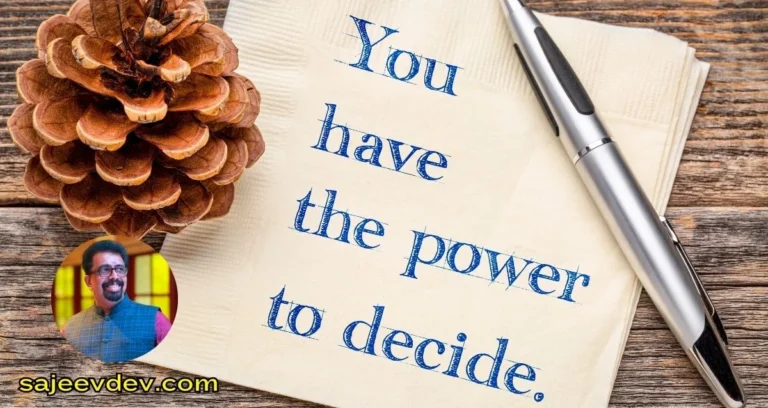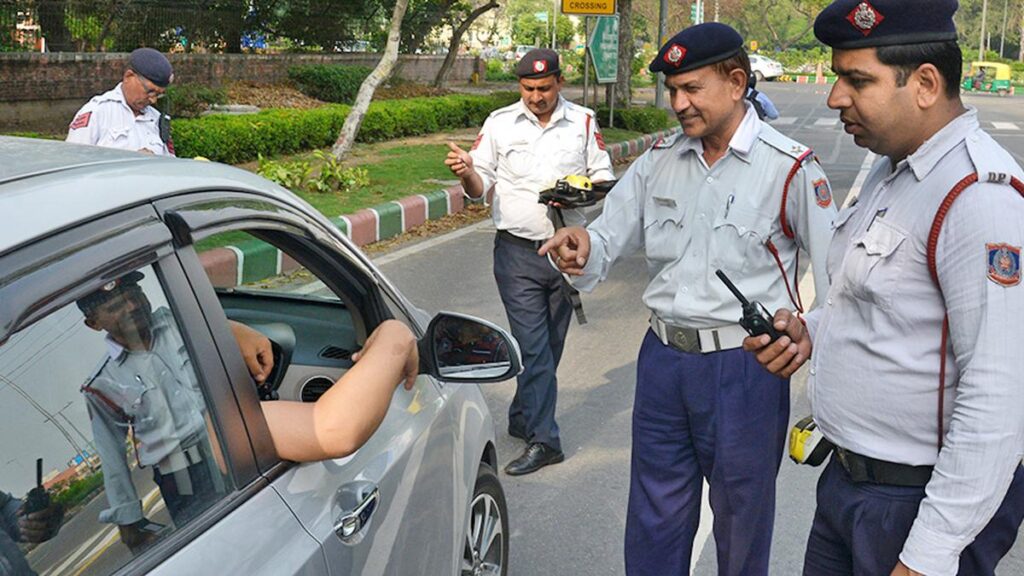
“Road Etiquette in Focus After SUV-Guard Clash in Delhi Prompts Public Dialogue”2025

The recent altercation in Delhi between an SUV driver and a security guard has provoked not only a media frenzy but also a more general discussion about road etiquette privilege and civic duty in a nation where traffic jams and chaotic roads are a daily occurrence. What began as an apparently isolated incident in a posh neighbourhood swiftly gained widespread attention highlighting the pervasive problems with the way we treat public areas—and one another—on Indian roads.
Jeffrey Wright
The Incident That Sparked a Firestorm
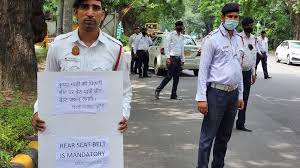
The altercation happened outside a gated residential complex in the centre of South Delhi. According to CCTV footage an SUV driver is seen refusing to register at the entrance in an apparent attempt to get around standard security procedures. A verbal altercation that swiftly turned violent broke out when the security guard insisted on following protocol. Although the details of the initial reports differ slightly one thing is certain: the altercation touched a nerve.
The video went viral on social media in a matter of hours. Commentary was rife on Facebook Instagram and Twitter. While some criticised the “entitlement of the rich” others demanded that security guards receive greater training and be treated with dignity. The incident sparked a wider public discussion which India may have long needed.
Entitlement on Wheels
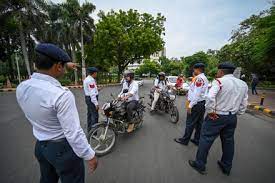
In urban India SUVs—which are frequently regarded as a sign of status and power—have come to represent road dominance. Road behaviour frequently reflects social hierarchy in a nation that struggles with class inequality. Drivers of luxury cars frequently break traffic laws honk excessively or threaten pedestrians and smaller cars.
Although the virality of this incident is unique its essence is far from unusual. It exposed the common conflict between wealth and power. According to reports a security guard assigned to maintain community safety was made fun of for carrying out his duties. In this story the SUV was more than just a car; it became a symbol of privilege attempting to trump responsibility.
The State of Road Etiquette in Urban India
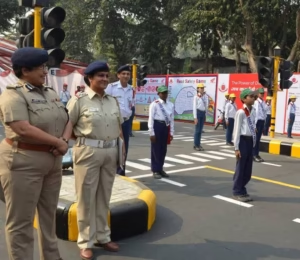
Unlike many Western countries where traffic discipline is culturally reinforced India continues to struggle with basic road etiquette. From jumping signals to lane indiscipline and from incessant honking to road rage urban commuting is more often a battle than a journey.
- Lack of strict enforcement: Traffic violations often go unchecked or are dealt with leniently.
- Poor driver training: Many drivers never undergo formal instruction in defensive driving or etiquette.
- Cultural impatience: There’s a general tendency to see rules as obstacles rather than safeguards.
Respect for Frontline Workers
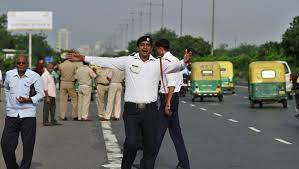
Whether from irate commuters or haughty locals security officers traffic cops and municipal employees frequently face abuse. Uncomfortable questions were also raised by the incident: Why do people who provide vital public services receive so little respect? Why is it so difficult to be civil when someone who is viewed as “lower” in the social hierarchy exercises authority?
The Role of Social Media: Amplifier or Aggravator?
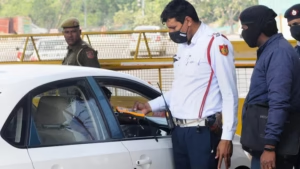
Social media had both positive and negative effects even though it was instrumental in making the incident public. The reactions were divisive and the outrage was quick. Others warned against adopting a mob mentality while others demanded that the SUV driver be identified and humiliated. This calls into question how in the digital age we hold people accountable. Does public humiliation circumvent due process or is it a kind of justice? Is viral content a passing fad that will soon be forgotten or does it bring about long-lasting change?
Time for a Cultural Reset?
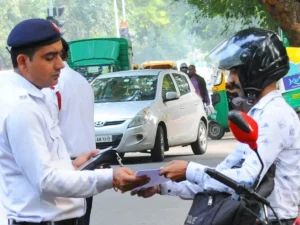
Incidents like this are more than just a reflection of road rage—they’re symptomatic of a larger social malaise. In a society increasingly driven by competition individualism and status public behavior often suffers. Yet these moments also offer a chance to introspect and course-correct.
- Mandatory driver etiquette modules in driving license tests.
- Regular awareness campaigns about road behavior and civic responsibility.
- Stricter enforcement of traffic and conduct rules regardless of vehicle type or social status.
- Better training and empowerment for security and frontline workers to handle conflict situations.
- Community-level discussions to foster empathy and mutual respect among residents.
Conclusion: Beyond the Clash
In a few weeks the SUV-guard incident might not make the news but the problems it revealed must. Particularly in public areas like streets neighbourhoods and communities it concerns the fabric of our social interactions rather than suv a single altercation. Any society that wants to be inclusive peaceful and just must have civic virtue.


